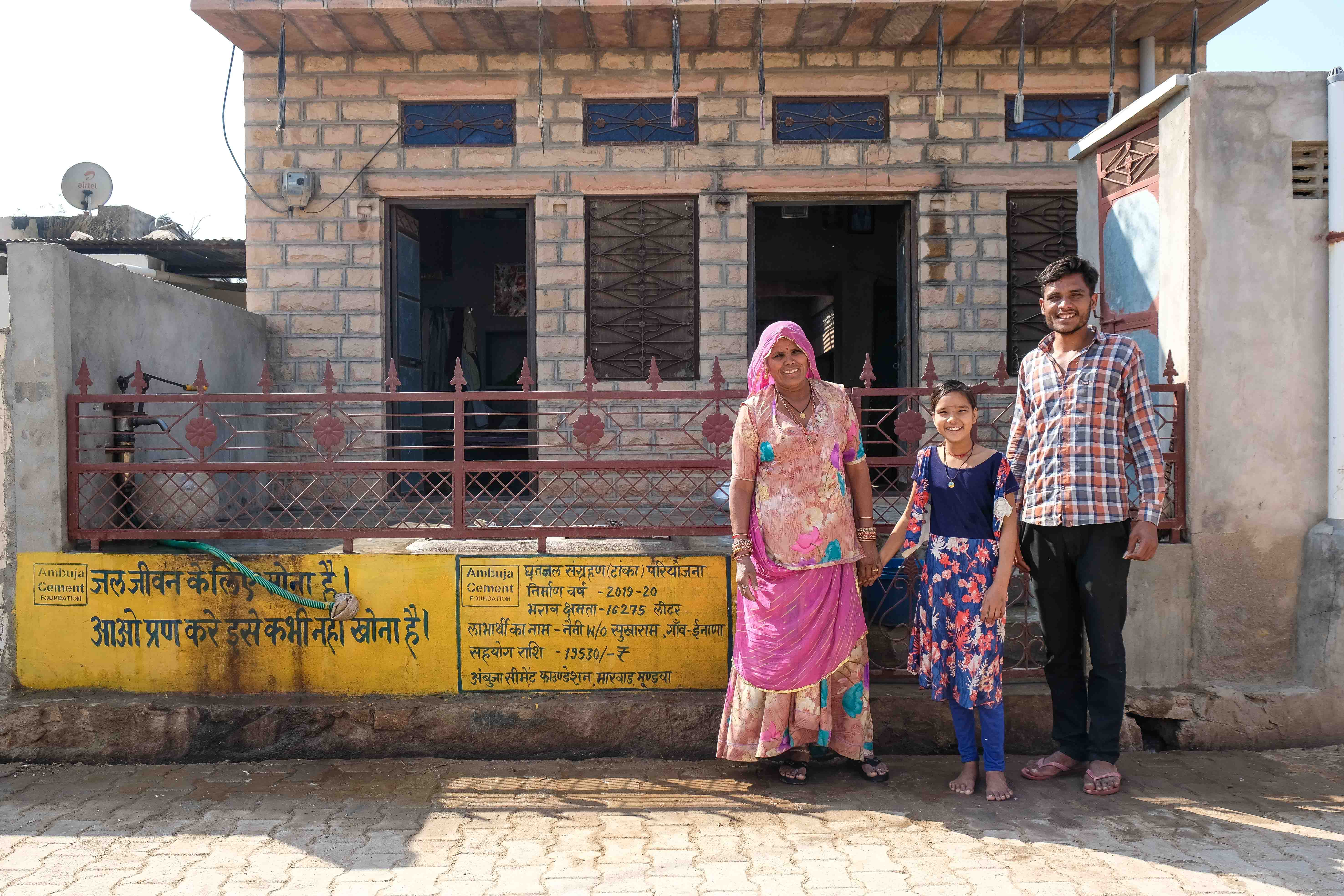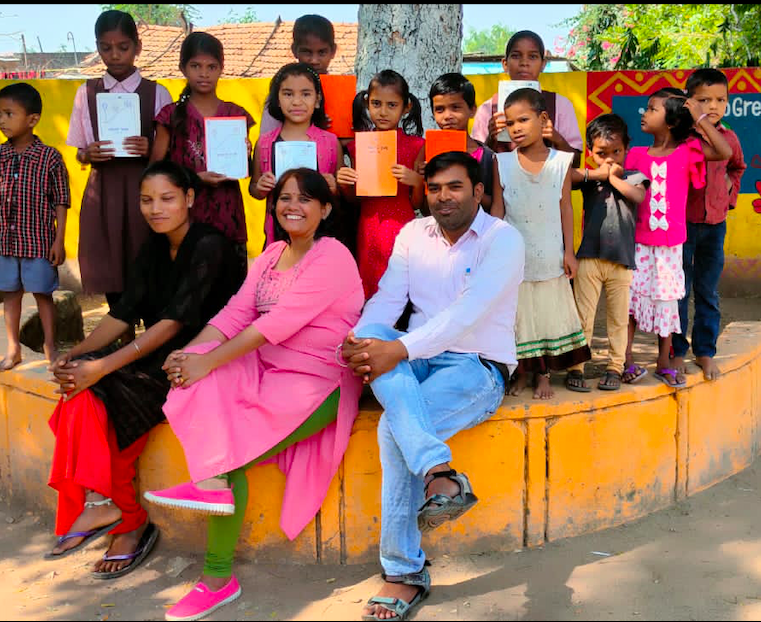Many of us assume that higher classes and board examinations are the only critical parts of a child’s education journey. However, this assumption couldn’t be further from the truth. It is the early school years, between the ages 3-8 years, which are the most important, as this is where core foundational skills such as ‘reading’ are developed – and without them firmly in place, children flounder as they progress through school.
Sadly, the 2016 ASER Study highlighted gaping holes in the quality of education being delivered to students across India, with students in Grade 5 unable to read textbooks of Level 2 or 3. Whilst core issues (particularly in rural government schools) include the unavailability of skilled teachers, and a poor student to teacher ratio (with 1 or 2 teachers often managing all the primary sections in schools), language capacity also plays a critical role.
Reading is closely linked with speaking and listening. Most linguists agree that orality is the foundation on which literacy skills are built—‘orality’ being a combination of verbal communication (speaking, listening) and non-verbal communication (via art, gesture, play). If children don’t learn to communicate well in early childhood, the odds are they will struggle to read in school.
Tackling Language & Reading in Chandrapur, Maharashtra
In the district of Chandrapur, Maharashtra, Ambuja Cement Foundation had been focusing on providing basic amenities / infrastructure and improving the quality of education by providing e-learning mechanisms. Despite these improvements, language skills of students in primary schools remained very poor. It was seen that in the Marathi medium schools, most of the primary school children from the tribal community in the region, didn’t speak Marathi at home, thus they struggled to grasp the language - resulting in poor reading skills.
To overcome this issue, Ambuja Foundation piloted a promotion of reading program across the region, to ensure students had the necessary foundational literacy to support them as they progress with their education. Ambuja Foundation kickstarted a partnership with Doorstep Schools, Pune (DSS) with a program ‘Networking & Nurturing’ - identifying students and training them in learning just the basics of the Marathi language. DSS built the capacity of 7 Pusktak Fairies (village volunteers who had passed the 10th grade,, knew the language and had good rapport with children) and targeted 7 core villages with 327 students from 1st to 8th grade.
Ambuja Foundation, in partnership with DSS, then initiated a ‘Grow with Books’ project, a reading promotion program, supported by Rotary Hirai Club, Chandrapur, catering chiefly to the tribal children of Jiwati block in 6 Schools of Chandrapur. The objective was to enhance the reading skills of children by exposing them to a wide variety of books and newspapers through special sessions focusing on reading, vocabulary games, singing and storytelling. The implementation was successful and tribal students became competent in reading books, letters, and newspapers at a higher level.
Ambuja Foundation began chalking out a plan to scale the initiative, but plans were thwarted when the COVID-19 pandemic and ensuing lockdown hit. Schools were shut and students had no access to digital modes of learning. This did not restrict Ambuja Foundation, as the program was brought to the villages. With consent from parents and the School Management Committee members, the program ran with small groups of children either in community areas, community halls or gram panchayat offices. Around 288 children were reached and parents, teachers also started to support this initiative.
The regular classes during the pandemic were a lifeline for the children. Students continued their studies and made significant progress in reading. The program saw significant progress with 20% progress in composite letters reading and 28% of children progressed to further levels.
Scaling the Program for Impact
With the success observed in Chandrapur, training has been conducted through DSS to volunteers from Ambuja Foundation’s other regions and the program has been extended to those regions. This regular reading class is helping students strengthen their foundation of language, improve their language skills and inculcate reading habits at an early age.
In Bhatinda, Punjab, additionally, libraries have been set up in 4 Government schools. ‘Pustak Langars’ also known as mobile libraries were set up in community spaces, open spaces of the schools to engage students in reading and writing and also invite drop outs and out of school children to access the libraries. Community reading amid the pandemic at places like Panchayat Bhavan or open premises for 4-5 students are encouraged while ensuring that all safety norms are followed.
In Darlaghat, Himachal Pradesh, the reading promotion program was initiated in 20 Primary Schools with 569 students. Age specific books have been provided to the students to inculcate reading habits. A baseline survey has been conducted in the targeted schools to know the students’ reading levels who are then accordingly categorised. To support the reading promotion, ‘Reading Aloud’ and other reading competitions are also conducted.
Ambuja Foundation will expand this intervention in a step wise manner to build a strong foundation of language skills among the students in all its locations. Ambuja Foundation would like to scale this program to reach more schools and would be happy to join hands with other partners sharing this vision.
- Authored by Ambuja Foundation's Education Team




